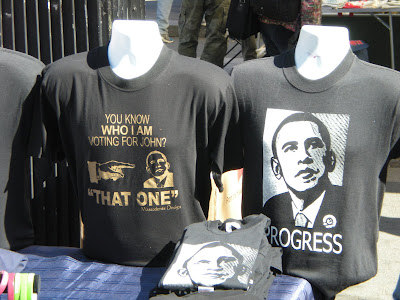It didn't seem fair. The Finns could claim Nokia, the Swedes could sell their Volvos and Ikea furniture, but the lowly Estonians would have nothing of their own, because their expertise was exploited in a time of globalisation.
Due to size and capital constraints, Estonians would most likely be stuck under the yoke of "foreign" capital for all time. The minute somebody thought up something good, there would be Per or Lars with his bankcard, ready to bring it to the rest of the world.
The inequality of Nordic and Baltic relations were thus laid bare. The Nordics were the big people; the Baltics little. Sure, tiny Estonia could take part in the Nordic Investment Bank, but the Baltic brigands could not join the Nordic Council proper, lest they dilute its purity with their tainted, post-Soviet blood.
And so the nordic world remained somewhat fractured along national lines. Nordic banks might be the only banks in Estonia, but Estonia was outside their "home" market, even if said banks were managed by Estonians. Nordic companies might own most of the Estonian media, and yet that media was peripheral. Despite EU comradery and paeans to integration, a sense of otherness, nurtured during the Cold War, was maintained.
This way of looking at Northern Europe, though, is archaic and wrong. The reality has manifested itself in recent weeks as the Icelandic government goes from door to door in northern Europe, begging for alms to keep its bankrupt financial sector on life support until the IMF or the Russian Federation comes through with the big money.
Iceland, a quiet country known for its fishing industry, glaciers, and electronic music, is now a paragon of recklessness and instability. What do the two words "Iceland" and "bank" bring to mind? Exactly. If President Ilves had once hoped to follow the parliamentarians of Reykjavik into dull, nordic normalcy, he was sorely mistaken.
Meanwhile in Stockholm, the imperial financial capital of the nordic world, where my money and yours is likely counted and managed, rumors prevail about a bailout plan for Swedish banks with Baltic holdings, like SEB and Swedbank, formerly Hansapank. No one can predict the financial future in this autumn of 08, but I would be unsurprised if my Estonian bank goes the way of my American bank, which went bankrupt, was seized by the government, and sold/bequeathed to another bank in one night.
We up north, though, presume competence on the part of the Swedes. We presume that even if the Icelanders go bankrupt and the Estonians are forced to live out of their leased BMWs, there is a mountain of gold generated by sales of ABBA LPs and Volvo station wagons that is kept beneath Gamla Stan for rainy financial days in the nordic countries. And yet, while that sense of interconnectedness is so deep that the first country Iceland or Estonia might hit up for extra cash is Sweden, there are few institutions that can help to regulate that relationship.
And that is the real question the big people with power might wish to mull over a few times over a warm cup of glögi this coming holiday season. The interconnectedness of the nordic region has materialized in the form of a banking crisis that affects not just Reykjavik and not just Tallinn, but involves Stockholm and Copenhagen and Riga.
Still, the instruments of policy have yet to be refined. There are Nordic-Baltic 8 summits, which can serve as a powerful regional engine within the EU. There's even an EU Nordic Battle Group. But are nordic regional institutions really up to the tasks at hand? Do the requisite forums exist to help these interconnected countries face their challenges?
I feel so often that the thinking on these issues is mired in the past. As the Skype example illustrates, it's quite hard these days to locate a point of origin for a northern European company. And it's quite hard, such as in the cases of Estonia and Sweden, to know who is really in control of monetary policy. These new obstacles beg for new policies and institutional adjustment. While I am not advocating any specific changes at the moment, I wouldn't be surprised if the way we think about northern europe and the way it functions will change in response to this crisis.



